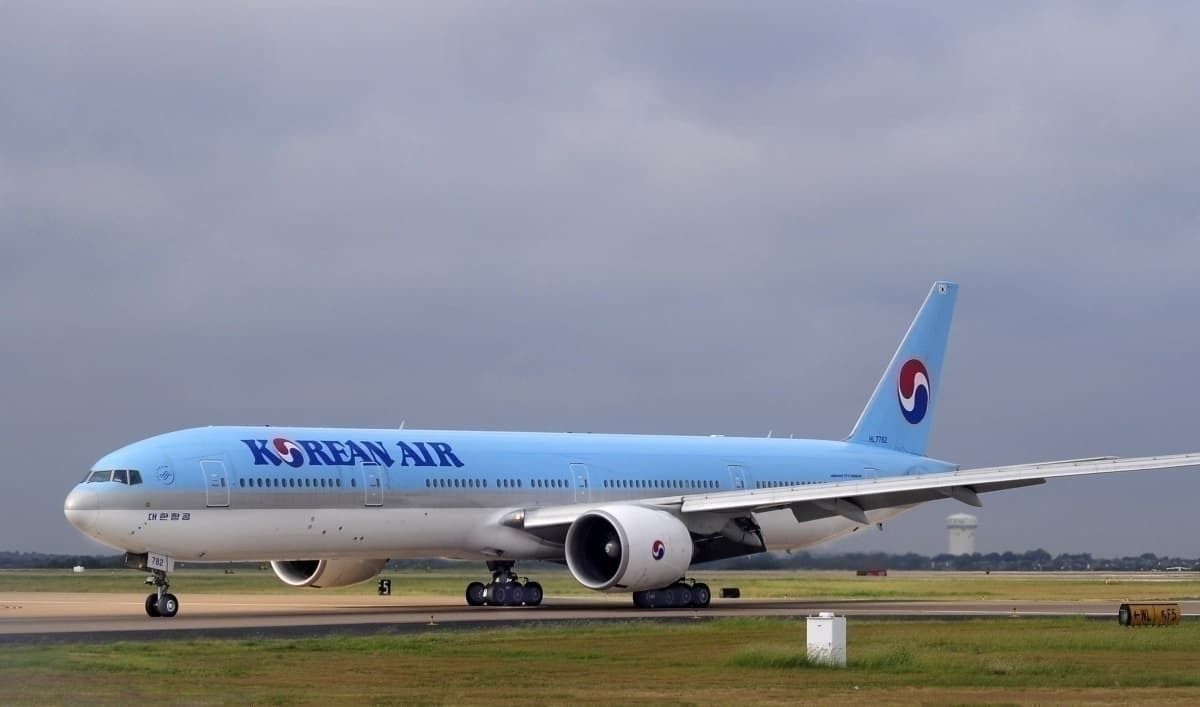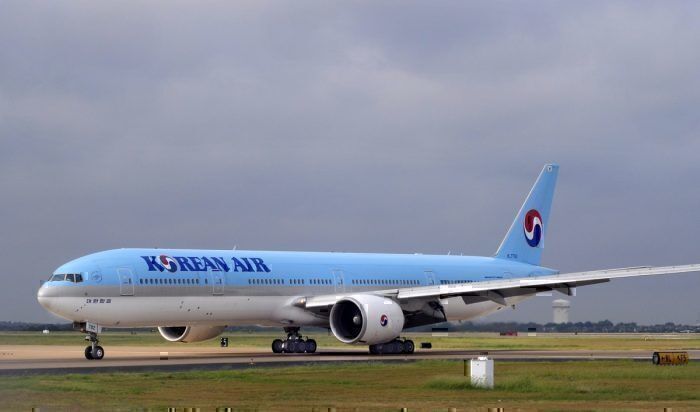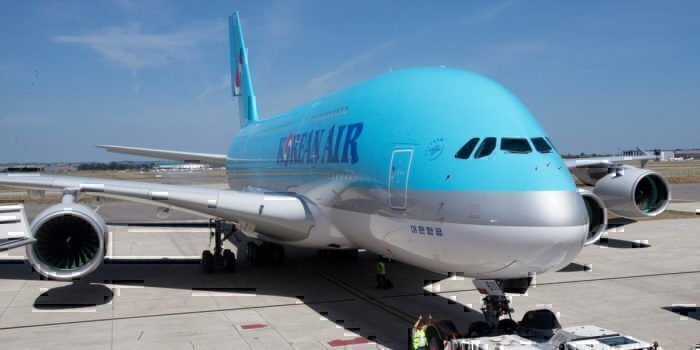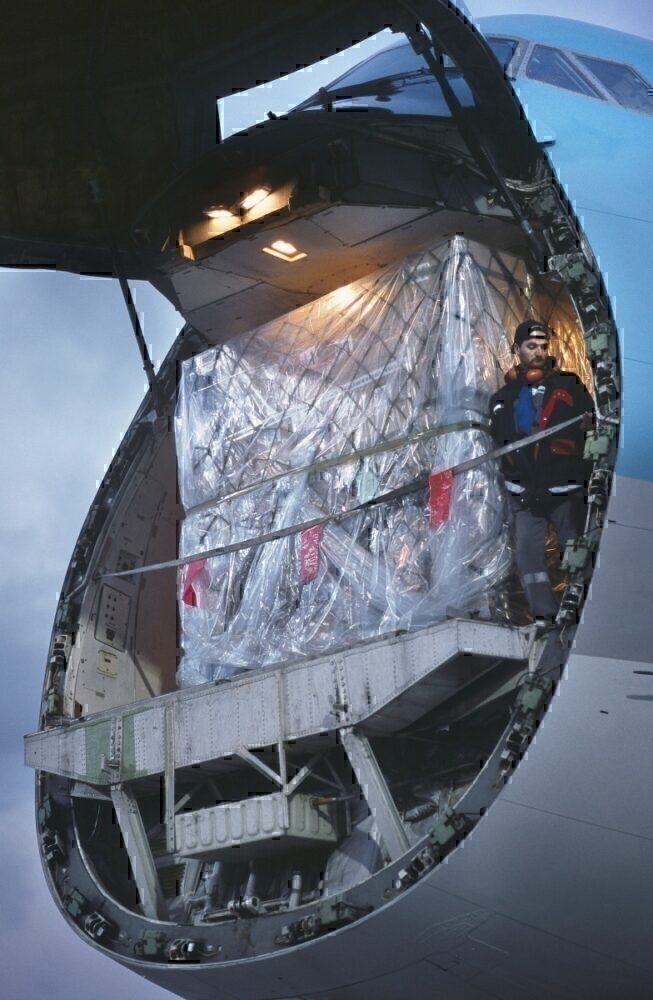As the global health crisis continues to rock the aviation industry, Korean Air is planning to sell its air loyalty program. Over the last week, it has been studying the sale of core aspects of the business to raise crucial funds.
Self-rescue methods
The Korea Economic Daily reports that Hanjin Group, the parent company of the South Korean flag carrier, is also looking at two other assets of the airline to sell in addition to its loyalty program. The in-flight meal service and maintenance operations could also soon be owned by another entity. In total, 3 trillion won (₩) - equivalent to $2.4 billion - could be raised as part of the firm's self-rescue efforts.
These measures follow the announcement that Korea Development Bank (KDB) plans to inject ₩1.2 trillion into the carrier ($970 million). The state-run bank is offering its assistance. However, it demands that the airline puts self-rescue plans in place, including the offering of sellable assets.
KDB estimates that Korean Air could lose ₩3.8 trillion ($3.1 billion) this year. The carrier is just one of many forced to suspend several flights and ground aircraft.
Lucrative cash cows
The sale of SKYPASS, its frequent flyer program, would likely bring in billions of dollars as it can sell mileages to credit card companies for cash. At the end of last year, it was worth ₩2.4 trillion (just under $2 billion).
If the sale does go ahead, the carrier will be following the the likes of Air Canada, Virgin Australia, Air Asia, and Aeromexico. These carriers have either sold all or part of their loyalty programs in recent years.
Meanwhile, the inflight food division is worth hundreds of millions of dollars and will generate a steady stream of cash flow once Korean Air returns to its usual business. This operation could be the first to be let go as it could be easier to outsource compared to the other two departments.
However, Korean Air was already considering the sale of its maintenance, repair and overhaul (MRO) operations. The Hanwha Group and several private equity firms have expressed their interest in the unit. Therefore, there may not be much of a struggle to find a buyer.
A helping hand
Altogether, KDB expects its cash injection into the airline to help tide it over for at least the first part of this year. The sale of these key assets will help raise further cash during these tough times.
This period of uncertainty makes it hard to predict when Korea Air can return to normalcy. However, low demand combined with flight restrictions are likely to continue for several more months as authorities try to find a way to tackle the crisis.
Simple Flying reached out to Korean Air for comment on the sale of its loyalty program but did not hear back before publication. We will update the article with any further announcements.
What are your thoughts on Korean Air's asset sales? Will this process be a good move for the airline? Let us know what you think in the comment section.




